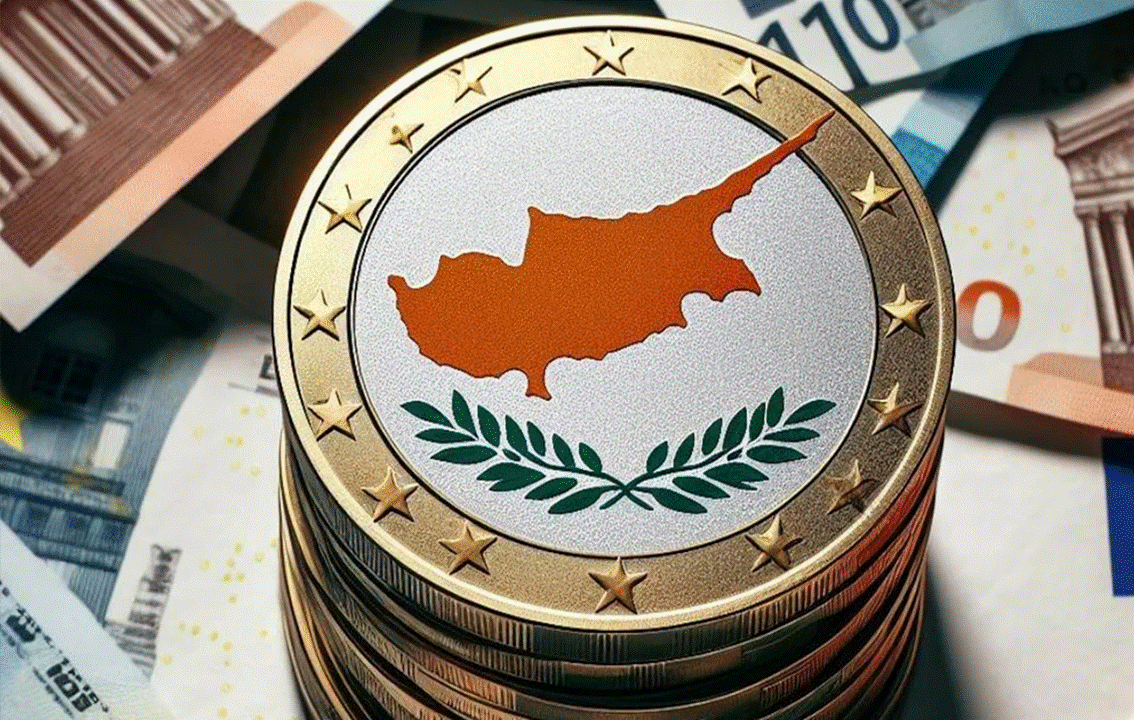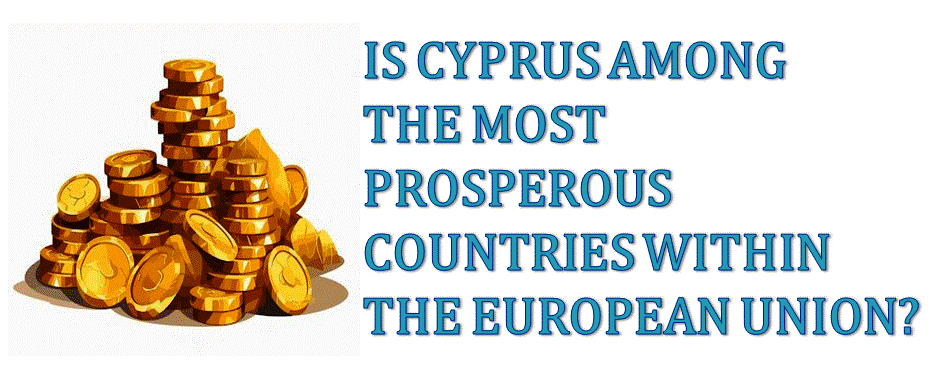
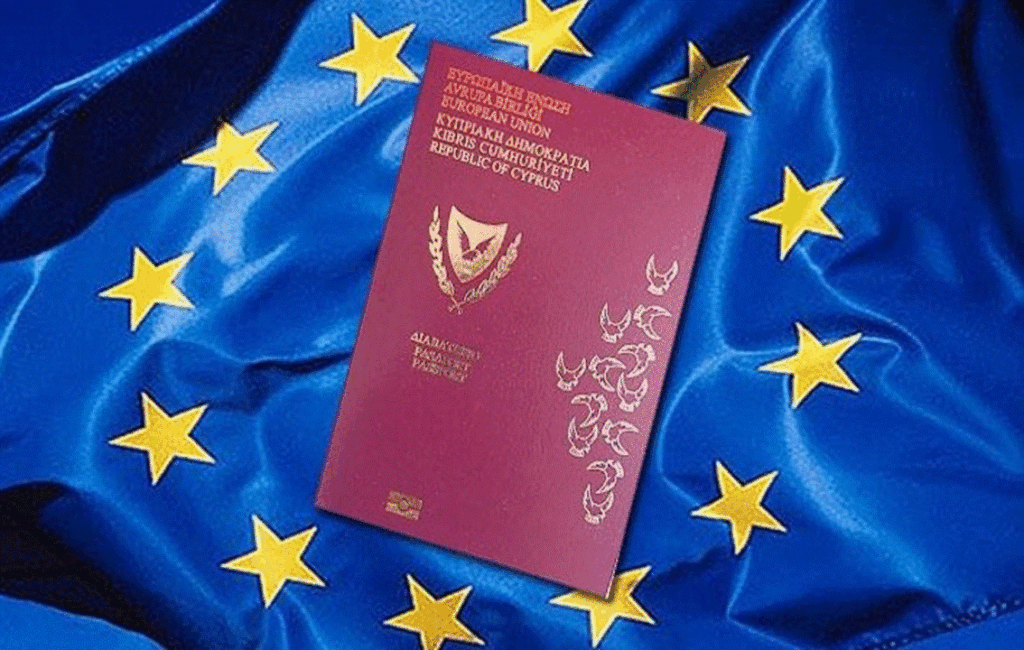
A WIDENING GAP EMERGING
Analysts generally measure prosperity by comparing a range of economic factors and key indicators. These usually include Gross Domestic Product, or GDP as it is known per capita. Economic growth, quality of life, and employment rates are also taken into consideration to indicate the overall poverty rate of a country. Whilst Cyprus is considered one of the more prosperous countries within the European Union, evidence suggests that a widening gap is slowly emerging between affluent and working-class groups across the island.
A RELATIVELY HIGH GDP
Cyprus currently has one of the lowest poverty rates throughout the European Union. Set at just over 2%, this is in stark contrast to Romania, which has the highest poverty rate of just under 20%. Although Cyprus has a relatively high GDP per capita, analysts are keen to suggest that the economy is still in recovery after recently facing huge challenges in the recent past. Whilst sectors on the island, like tourism, financial services, and offshore shipping, have remained strong, these have not shielded the island’s economy from other recent European economic downturns. This, coupled with the island’s weak political instability, mainly due to the unique situation of its division, has also negated many of its economic benefits.
AN INCREASE IN UNEMPLOYMENT
The island is also experiencing a gradual rise in unemployment rates. This has begun to impact the government’s social benefit responsibilities. It has also helped to create other underlying negative factors that have been found to be constantly working against otherwise strong economic returns. As a result, other European Union countries, such as Luxembourg, Ireland, and Denmark, typically rank higher in terms of overall prosperity.
WHAT IS GDP?
Gross Domestic Product is a measure used to assess a country’s overall economic performance. It represents the total monetary value of all finished goods and services produced within a country’s borders within a specific period of time. Generally used to indicate the overall health of a country’s economy, quarterly and annual GDP figures are taken and then compared to previous GDP figures. These readings are also used to compare economic performance between different countries or periods.
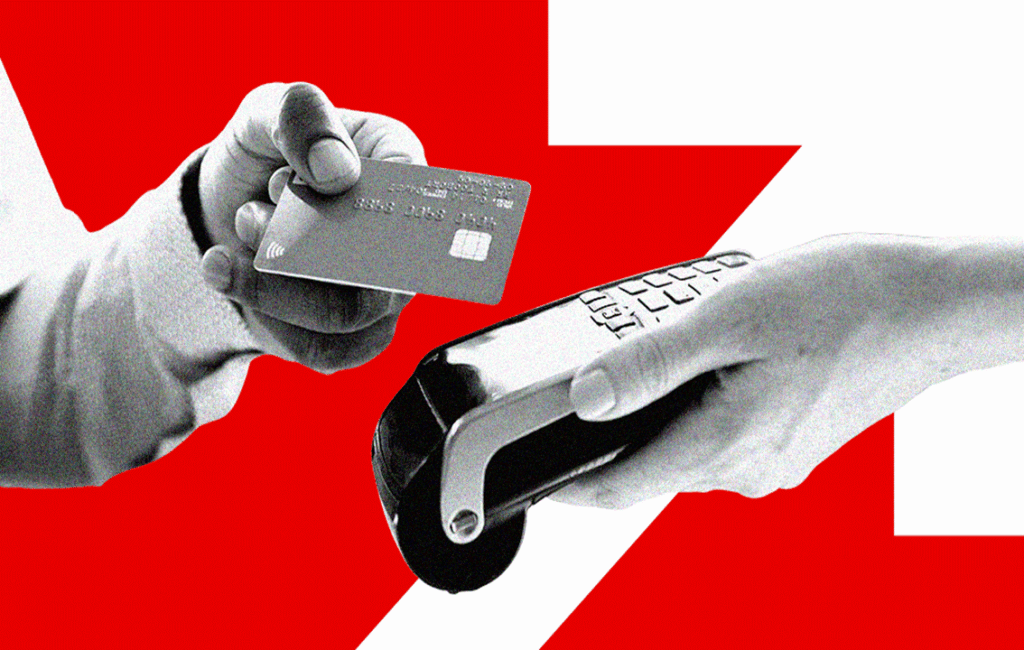
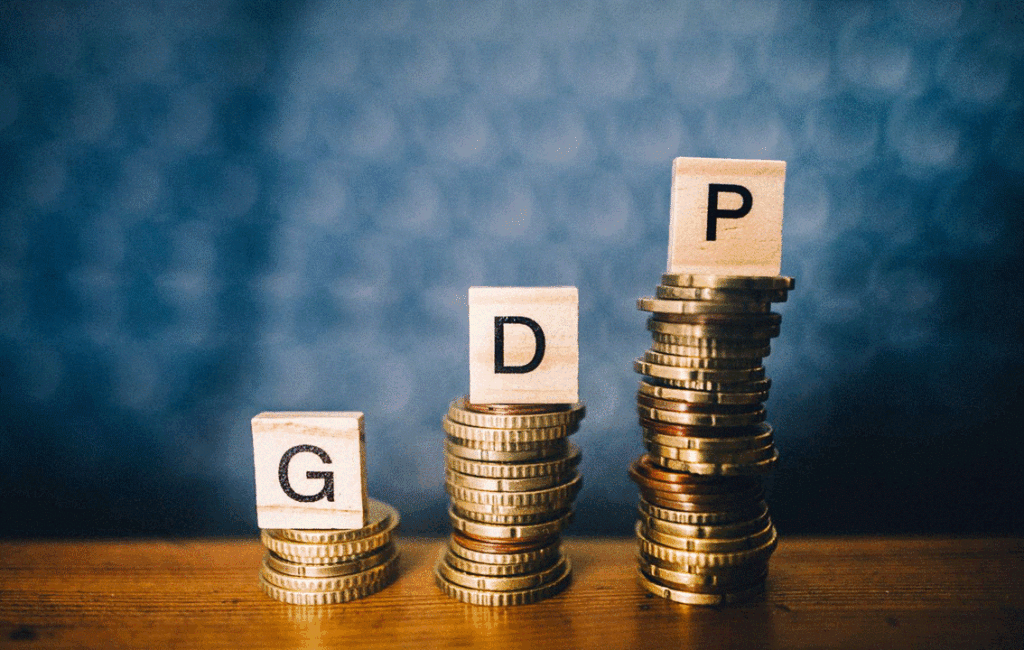
The four primary ways to calculate GDP are
1. Production Approach: This approach measures the total output of goods and services, subtracting the value of intermediate goods to avoid double-counting.
2. Income Approach: Calculates the total income earned by individuals and businesses, including wages, profits, rents, and taxes, minus subsidies.
3. Expenditure Approach: This approach sums up all expenditures made in the economy, including consumption, investment, government spending, and net exports.
4. Nominal Approach: This is measured using current prices that are adjusted for inflation in real time, providing a more accurate reflection of an economy’s size and how it is growing over time.
CYPRUS LIFE AT A HIGH COST
A GUIDE TO MANAGING RISING LIVING COSTS IN CYPRUS
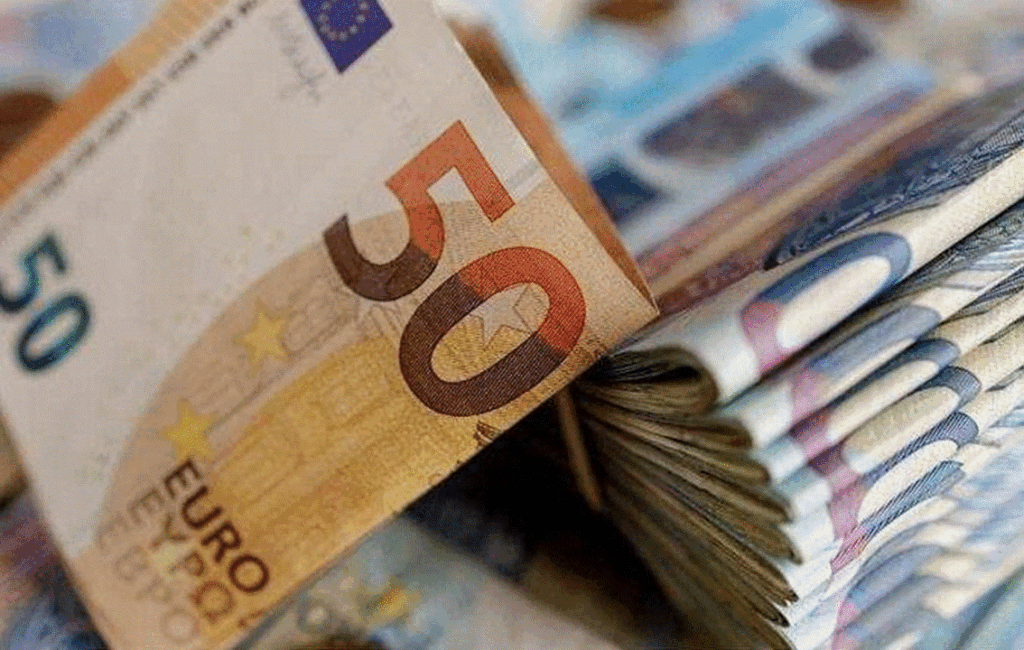
REDUCING COSTS
As with the rest of Europe, living costs in Cyprus have risen significantly over the last few years, causing most Cypriot household budgets to struggle. The most recent rises have stemmed from a combination of both global and domestic factors. These have included wars, soaring energy prices, disrupted supply chains, and workforce shortages. These have all driven island-wide rises in inflation, causing price hikes for essential goods, rents, and most services.
SMARTER FINACIAL HABITS
The challenging reality of higher living costs for most Cypriot residents has prompted some to adopt smarter financial habits. This new way of managing household budgets has enabled several of them to navigate the current financial difficulties.
Some of these proactive steps to reduce overall costs are listed below
1. Finances: Forming a list of essential monthly expenses will help to create a budget that will track both income and outgoings. This may also identify areas where a reduction of unnecessary spending can be achieved. The cancellation of unused subscriptions or expensive policies will allow for negotiation for better rates on most essentials. These include expensive broadband or phone contracts that may not be needed, to help manage budgets.
2. Debt Management: Compiling a set of priorities will help manage most budgets. Listing first the most essential payments will help prioritise regular payments. This will ensure that minimum payments are met and will avoid expensive late payment penalties. Paying off debts with the highest interest rates is another good way of reducing overall costs. If approached, creditors may also be willing to arrange more manageable repayment plans for existing debts.
3. Rent & Mortgage Costs: Landlords may be willing to help good tenants who have payment difficulties. With this in mind, they may agree to new terms or accept partial payments until further notice. Equally, homeowners can also approach their bank seeking new, more favourable payment terms for their mortgage commitments.
4. Energy Costs: Energy efficiency measures should also be taken. Using fans instead of air conditioning and washing clothes at lower temperatures can have a substantial reduction to utility bills. When replacing appliances, look for those with the Energy Star label that are designed to use less energy. LED light bulbs use significantly less energy and last much longer than conventional bulbs. Electronics that use the standby facility still consume energy even when they seem turned off, so physically turning off the switch on plugs will also save energy.
5. Food Bills: Planning meals in advance will help reduce waste. Bulk buying may be another strategy that will help reduce grocery budgets. It is a good idea to take advantage by tracking weekly deals and special discounts that most supermarkets regularly offer.
6. Running a car: The cost of fuel is the main factor when running a car. Several things can be done to use less fuel. The most obvious one is driving a smaller economic vehicle that will slash fuel costs. Maintaining proper tyre pressure and adopting fuel-efficient driving habits, such as gradual acceleration and timely gear changes, can also help you save money on fuel.
7. Transport: BUSES are a proven cost cost-effective way of travelling throughout the island. Using this form of transport instead of a car to commute to and from a place of work will also reduce costs. Using BUSES whenever possible will help to create savings on expensive fuel and parking costs. Regular BUS services that connect all of the villages, towns, and city centres are available, and daily, weekly or monthly BUS passes are easily available. BUSES also run from most rural areas throughout the island, and their timetables can be effectively tracked using a SMARTPHONE BUS APP. This allows for easy, efficient journey planning in real-time.
